A Sad Attempt at Making Sense Out of Tragedy, the LA Fires, and Other Things
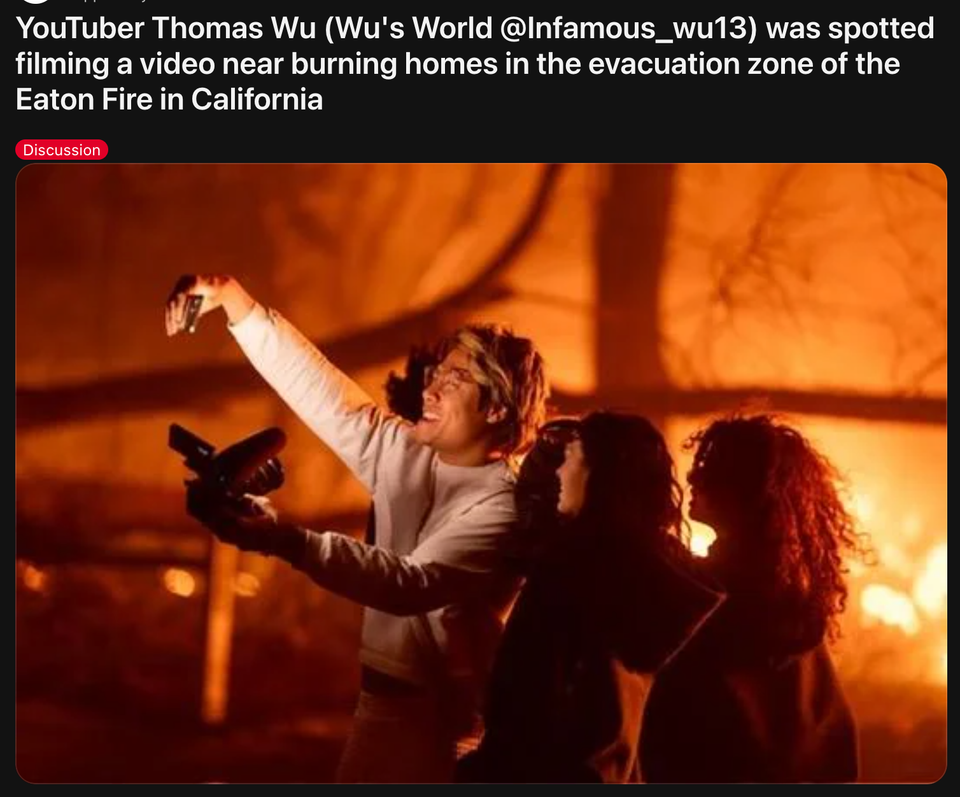
Working this week, I was asked to cover the current news and devastation of the fires raging down in Los Angeles (I'm currently located in San Francisco and have been since about 2013 but born and raised in Marin), heavy with the guilt that comes with the comfort of doing so from the safety of my own desk. When I tell you I tried my best to battle the jadedness that comes with news like this, fend off the numbness, and sorrow, I really did. When I tell you I tried to connect the present horror to past ones and somehow link finance, politics, and the economy to produce some expository scream of, how did we get here and how do we make sure we never do so again, I did. Yet, even after it was published and off to the dregs of social media and I moved on to the next task, any effort all but felt lost in a seemingly endless game of catastrophe after catastrophe after catastrophe leaving me to ask said void, how strong are we going to be asked to be until the levees finally break?
So far, at least 10 people have died across the Los Angeles fires at the time of writing, destroying more than 5,000 homes, businesses and other buildings with approximately 360,000 residents evacuated which is probably what makes our friends in the picture above taking a selfie amidst the chaos, all the more maddening yet, ironically, understandable giving the techno/social media driven world and economy we live in. We are now a culture so inundated with tragedy, it’s become entertainment; it’s become content; it’s become how we, at least a greater score of us, acknowledge and cope with the events of the world around us.
Governor Newsom declared a state of emergency, and over 1,400 firefighting personnel were deployed. President Biden also signed an emergency disaster declaration. Hundreds of thousands of people are packing up their cars to go to nameless destinations in the dark, scared, tired, afraid, and uncertain about where they and their families will be this weekend. And yet, here I am, typing away and writing to try and make sense of something that doesn't make sense, almost like our friends above who have likely since shared their picture on various social media platforms, maybe even this one, to observe, critique, and lament from a distance.
And it’s in that irony that I came to David Foster Wallace’s 1993 essay, in all of his issues, “E Unibus Pluram: Television and U.S. Fiction” which examined the pervasive irony in contemporary American culture which I will roll into now.
Contents of this newsletter include…
Thoughts on the LA Fires, Selfies, and “E Unibus Pluram: Television and U.S. Fiction”
More Thoughts but on Parable of the Sower, by Octavia E. Butler
What is it All Good For?
Thoughts on the LA Fires, Selfies, and “E Unibus Pluram: Television and U.S. Fiction”
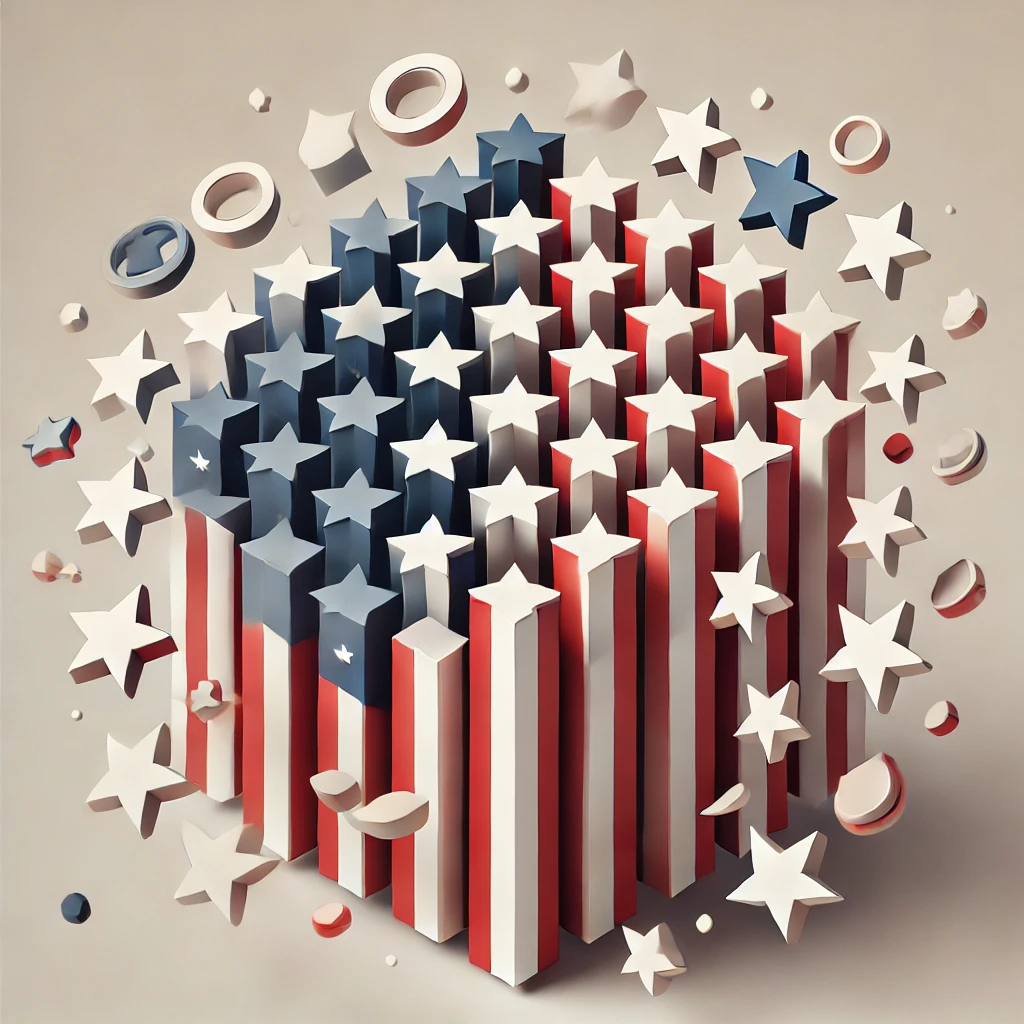
“E Unibus Pluram” (“Out of one, many”) is an ironic reversal of the American motto “E Pluribus Unum” which translates to “Out of many, one.” In David Foster Wallace's well-known, biting fashion and apparent in much of his work, the inversion is a direct commentary on how television and advertising have, over the years of evolution and mutations, subtly fragmented American society and its viewers into more and more isolation. Case and point is the picture at the top of this newsletter with, what looks like to me, young people, likely 25ish (?) taking a selfie while recording themselves with a nice-looking mic for a future social media post. They appear to be some YouTube “star” I’ve never heard of. It’s maddening, enraging, idiotic, and objectively absurd. Seemingly at any minute perhaps an explosion from some hidden propane tank could go off or a tree could fall over, or worse but, think of the content, I imagine them all saying, the post…the likes…the views! Which is exactly one angle Wallace was coming at with his essay (there are many other), arguing that while irony and even ridicule can be entertaining and effective at times, they also serve as “agents of a great despair and stasis” which, in US culture, feels - at least to me - what I’ve been feeling for…forever?
If you have a decent set of eyes, ears, and a semi-working brain, you likely know and feel and understand we are living and existing in the eye of that shit storm today so I won’t go over it. You’ll have seen it and breathed it before reading this newsletter and sadly, most likely, many times hereafter. Wallace’s essay can be found here.
Thoughts on Parable of the Sower, by Octavia E. Butler

Ms. Butler’s novel, Parable of the Sower has been making the rounds on social media and the like. The novel, a dystopian, highly prophetic narrative set in the 2020s, is all about, well, exactly what we are going through now: climate change, economic disparity, and corporate greed. I won’t get into the story now but this passage especially stopped me dead:
“All struggles are essentially power struggles. Who will rule, who will lead, who will define, refine, confine, design. Who will dominate. All struggles are essentially power struggles, and most are no more intellectual than two rams knocking their heads together.”
Which then made me think of the LA fires which then lead me to read about Stewart and Lynda Resnick, two American entrepreneurs and philanthropists, best known as the co-owners of the privately owned Wonderful Company (pistachios, almonds, FIJI Water). They have a combined net worth of approximately $12.6 billion. I can imagine you seeing where I am going with this as LA’s water supply infrastructure is strained. It’s been reported that Fire Chief Crowley has stated that the department is "understaffed, under-resourced, and underfunded," with over 100 fire apparatus currently out of service. Regarding water resources and how they are handled during times of crises, I’m no expert but learning that the Resnicks own a majority stake in the Kern Water Bank (about 57%), one of California’s largest underground water storage facilities and capable of storing 500 billion gallons of water, is always a little irksome. One wonders what this situation would look like if that weren't the case, but we'll never know because of the laws of the land and times today. And seeing there have been no public available statements from Stewart and Lynda addressing the current water shortages the last couple of days, one can only feel, as I do, that such concentration held by a business really comes full circle to Ms. Butler's above quote. Mind you the Resnick’s are not new to criticism during times like these as reported here in IBT.
I want to stress that this note I'm pointing at is a direct macro critique and contention with our systems of power and infrastructure that allow any billionaire/company to own one of, if not the most critical resources on the planet at such a high percentage. The critique, in no way, is directed at this couple's religion or person. I say this because Fortune wrote a piece about how there's been a lot of anti-Semitic hate going around aimed at them, which I want nothing to do with and was never my intention. My intention is to illustrate how systems of power, systems of control, and systems of wealth can centralize and negatively affect public infrastructure to be built around points of said centralization that end up being worse when events like this happen than if they were more equally distributed, which, as it's being reported, appears to be one of the main issues in why these fires spread so quickly. Again, it has nothing to do with the personal background of the family, their background, religion, etc., but the current systems that allow anyone to own such a high percentage of anything in the first place, an issue we are dealing with not just with water but with housing, tech, food, and on and on and on. If anything, people attacking anyone based on that basis are genuinely missing the burning trees for the soon-to-be burning forests.
What is it All Good For?

John Steinbeck, while working on The Grapes of Wrath, had a journal titled “Working Days” in which he wrote once, “I suffer as always from the fear of putting down the first line.” I believe this is connection to maybe his ability as a writer, a storyteller, what have you but, in this moment, in this time where so much sudden destruction and horror and selfish corrupt idiocy is floating around like the ash and embers in the Palisades and LA, I don’t know if this writing, these words - my world - or any words really is going to truly and physically effect the dim flame-filled future we appear to all be running full speed ahead into.
I hear about books like Sower or 1984, A Handmaid’s Tale and A Brave New World that so perfectly prophesied what would come to be but, we didn’t listen. No one listened. We read but left these authors words and ideas and warnings in the world of fantasy when we should have seen them as blueprints of real, tangible, actionable game plans of when the bastards started coming for us. And they’re here, very much so, and they will want more and more unless something gives, though I have no idea what that will be and if my words, anyone’s words, will have an outright affect. All I know, or at least all I’ve learned through times of crisis, is that being there for the other, be it stranger, friend, family or even foe, is all one can do when the chips really fall, leaving me with this job, at least for now.
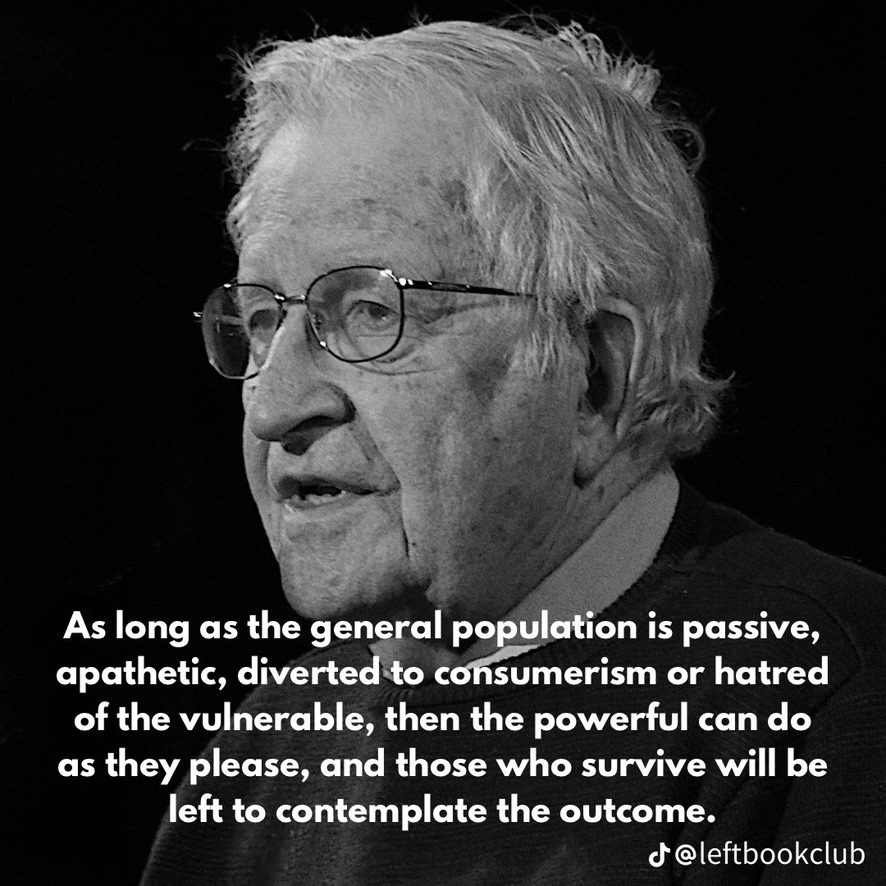
Essay Intro - Untitled
There was something horrifyingly apt about watching the late President Jimmy Carter’s casket being carried down the U.S. Capitol Rotunda steps while I, desperately trying to feel normal, feel sane wandered around the gym that morning, all the while knowing full-well the future state of the country and the world for that matter was about to swing from oh fuck to OH FUCK…
For me, the foundation of this horror is all really grounded not in the fact Carter hadn’t been president since 70’s but in the loss of his character and the vast contrast of him and President-elect Trump.
They couldn’t be more different in their lives, their actions, their words so the physical sight of watching President Carter in a casket (hopefully resting peacefully) and about to be buried alongside his wife with President-elect Trump watching in the pews, the light from above emboldening his freshly minted spray tan, was a scene so symbolically fucked, all I could do was stare dumbly as it all, frame by frame, unfolded before me. Luckily for the other gym goers worriedly watching me about to spin into a nervous breakdown, I got it together enough to write some notes. This lead me to remember one of my favorite quotes from President Carter followed by one (there will be more) of President-elect Trump’s.
“Too many of us now tend to worship self-indulgence and consumption,” Carter once said in his "Crisis of Confidence" speech, also known as the "Malaise Speech," on July 15, 1979, during a national television address. “Human identity is no longer defined by what one does, but by what one owns. But we’ve discovered that owning things and consuming things does not satisfy our longing for meaning.”
Now, for President-elect Trump, “For purposes of National Security and Freedom throughout the World, the United States of America feels that the ownership and control of Greenland is an absolute necessity.” To prove to the world that apple doesn’t fall far from the tree, Trump’s son, Donald Trump Jr., visited Greenland on January 7, 2025, delivering a message from his father, stating, “We’re going to treat you well.”
Right.
Was I witnessing the symbolic final nail in America's figurative coffin, or was my already drama-prone mind exaggerating to cope with the onslaught of dread and hopelessness that seems to have been flowing through most of the country and the world since the pandemic? If you know me and have read my work, I tend to embellish to cope with the day-to-day trials of living, so it wouldn't be far off.
Read more this Sunday. Only for paid subscribers
So You've Decided to Become Isolated & Weird Newsletter is a reader-supported publication. To receive new posts and support my work, consider becoming a free or paid subscriber.
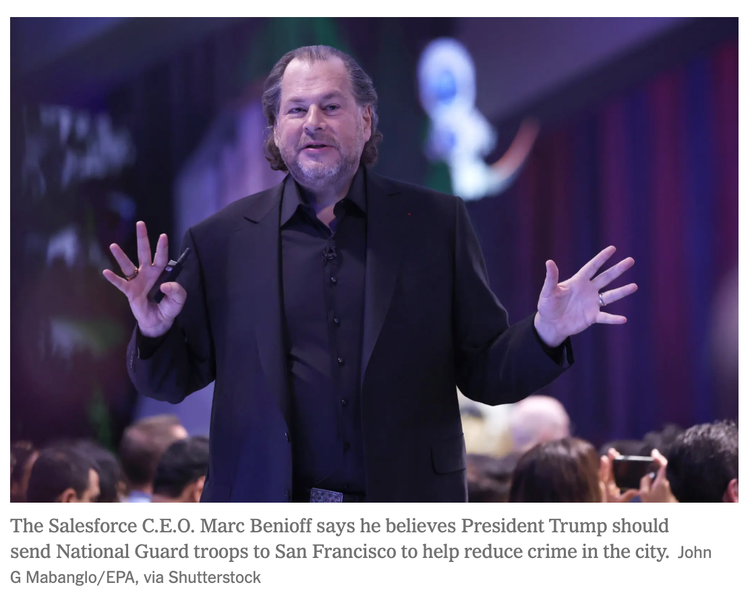


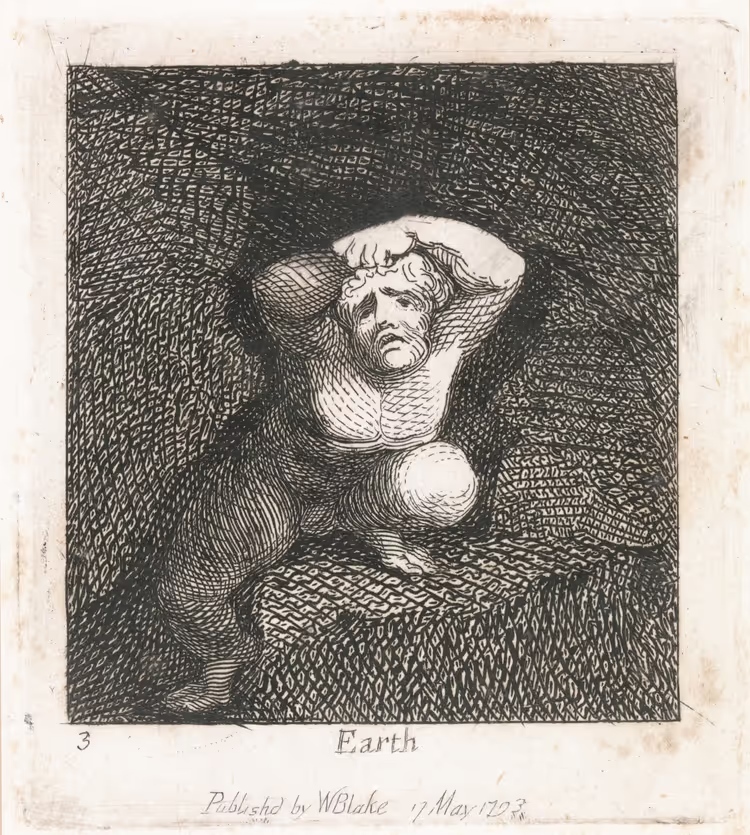
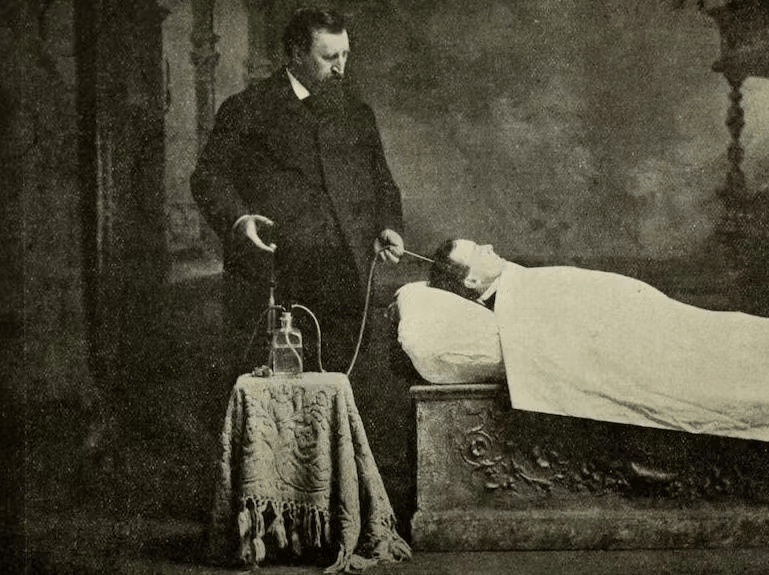
Member discussion